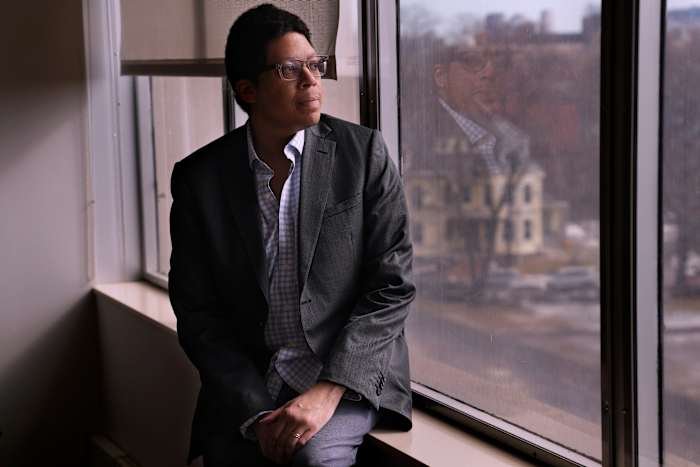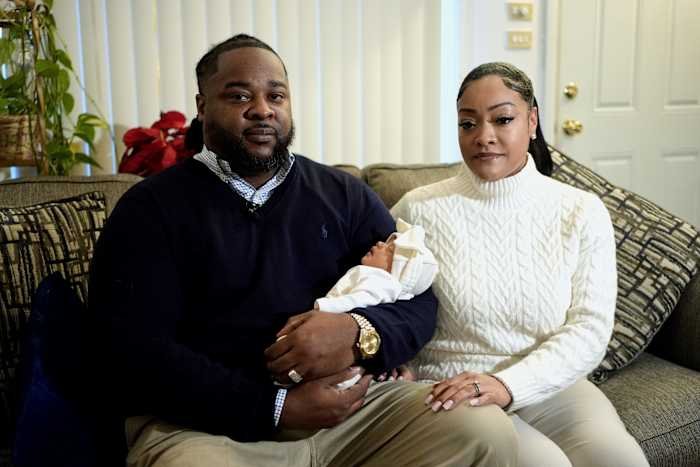Artificial intelligence (AI) is changing the way we live, work, and interact, but is it serving everyone equally? For years, concerns have grown about how AI systems can unintentionally perpetuate biases—especially against people of color. In a significant move, Google is working with Harvard sociologist Ellis Monk to address these issues and make its AI products more inclusive. But what does this mean for communities like Orlando, where diversity is a hallmark of our population? In this post, we’ll explore Google’s inclusive AI efforts, why they matter, and how they could shape the future for Orlando residents.
Understanding the Need for Inclusive AI
As AI becomes more embedded in everyday technologies—from smartphones to healthcare apps—the importance of fairness and representation in these tools cannot be overstated. AI systems are only as good as the data and programming behind them. When these systems are trained primarily on data from certain groups, they can fail to recognize or accurately serve people from other backgrounds. This has led to well-documented issues, such as facial recognition tools misidentifying people of color or voice assistants struggling with accents.
For Orlando, where over 60% of residents identify as Black, Hispanic, Asian, or multiracial, the risks of exclusion are real. Everyday technologies powered by AI—like job search algorithms, security cameras, and even city services—could inadvertently disadvantage large segments of our community if they aren’t built with inclusion in mind.
Ellis Monk’s Role in Google’s AI Transformation
To address these challenges, Google brought in Dr. Ellis Monk, a sociologist renowned for his research on social inequality and race. Monk’s expertise is helping Google rethink how its AI systems perceive and serve the world’s billions of people of color. For example, Monk’s work has informed the expansion of skin tone ranges in Google’s products, which is crucial for technologies like image search, photo editing, and facial recognition.
This collaboration isn’t just about correcting past mistakes—it’s about building AI that works well for everyone from the start. In cities like Orlando, where our healthcare, tourism, and tech sectors rely on digital tools, having AI that recognizes and respects our community’s diversity is essential for fairness and innovation.
How Inclusive AI Impacts Everyday Life in Orlando
So, what does all this mean for people living in Orlando?
- Healthcare: AI-powered diagnostic tools must accurately interpret medical images for patients with different skin tones. Errors here can lead to misdiagnoses or unequal treatment.
- Public Safety: Orlando’s police and city services are increasingly using AI for security and resource management. Inclusive AI helps prevent wrongful identification and ensures equitable service delivery.
- Education: Local schools using AI-based learning platforms need systems that understand the cultural and linguistic backgrounds of all students to deliver personalized support.
- Business and Tourism: Orlando’s economy thrives on diversity. AI tools that understand and cater to a wide range of customers can help local businesses deliver better experiences to residents and visitors alike.
In each of these cases, inclusive AI isn’t just a technical improvement—it’s a step toward greater equity and opportunity for Orlando’s diverse population.
The Challenges and the Path Ahead
While Google’s partnership with Ellis Monk marks significant progress, there’s still a long road ahead. Building truly inclusive AI means not only diversifying training data but also involving more voices from underrepresented groups in the design and testing process. Local governments, businesses, and educational institutions in Orlando can play a role by advocating for inclusive standards and partnering with tech developers to ensure our community’s needs are reflected in future AI systems.
Moreover, it’s important for Orlando residents to stay informed about how AI is being used in our city and to speak up when they encounter problems or biases. Public dialogue, transparency, and accountability will be key to ensuring that the benefits of AI are shared by all.
What Can Orlando Do to Lead the Way?
Orlando has a unique opportunity to be a model for inclusive AI adoption. Our city already boasts a thriving tech scene and a strong commitment to diversity. By supporting local initiatives that prioritize ethical technology, encouraging diverse hiring in tech companies, and collaborating with organizations like Google, Orlando can ensure that AI works for everyone—no matter their background.
City leaders can also promote digital literacy programs that help residents understand AI and its impacts, empowering our community to be active participants in shaping the technology of the future.
Conclusion: Join the Conversation
Google’s efforts to create inclusive AI with the help of experts like Ellis Monk mark an important shift in the tech world—one that has real implications for Orlando’s residents, businesses, and institutions. As AI continues to advance, ensuring it works for all members of our community is not just a technical challenge but a moral imperative.
What do you think about the role of AI in Orlando? Have you experienced technology that worked—or didn’t work—because of how it handled diversity and inclusion? Share your thoughts and stories in the comments below. Let’s keep the conversation going and make sure Orlando’s voice is heard in the future of AI!
















